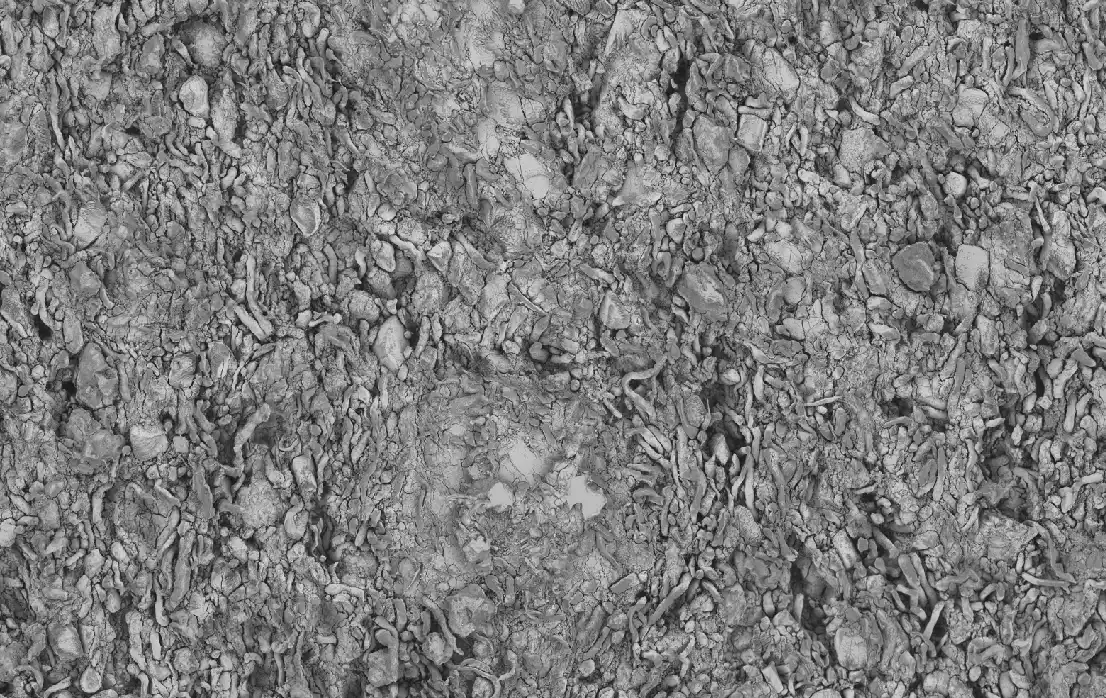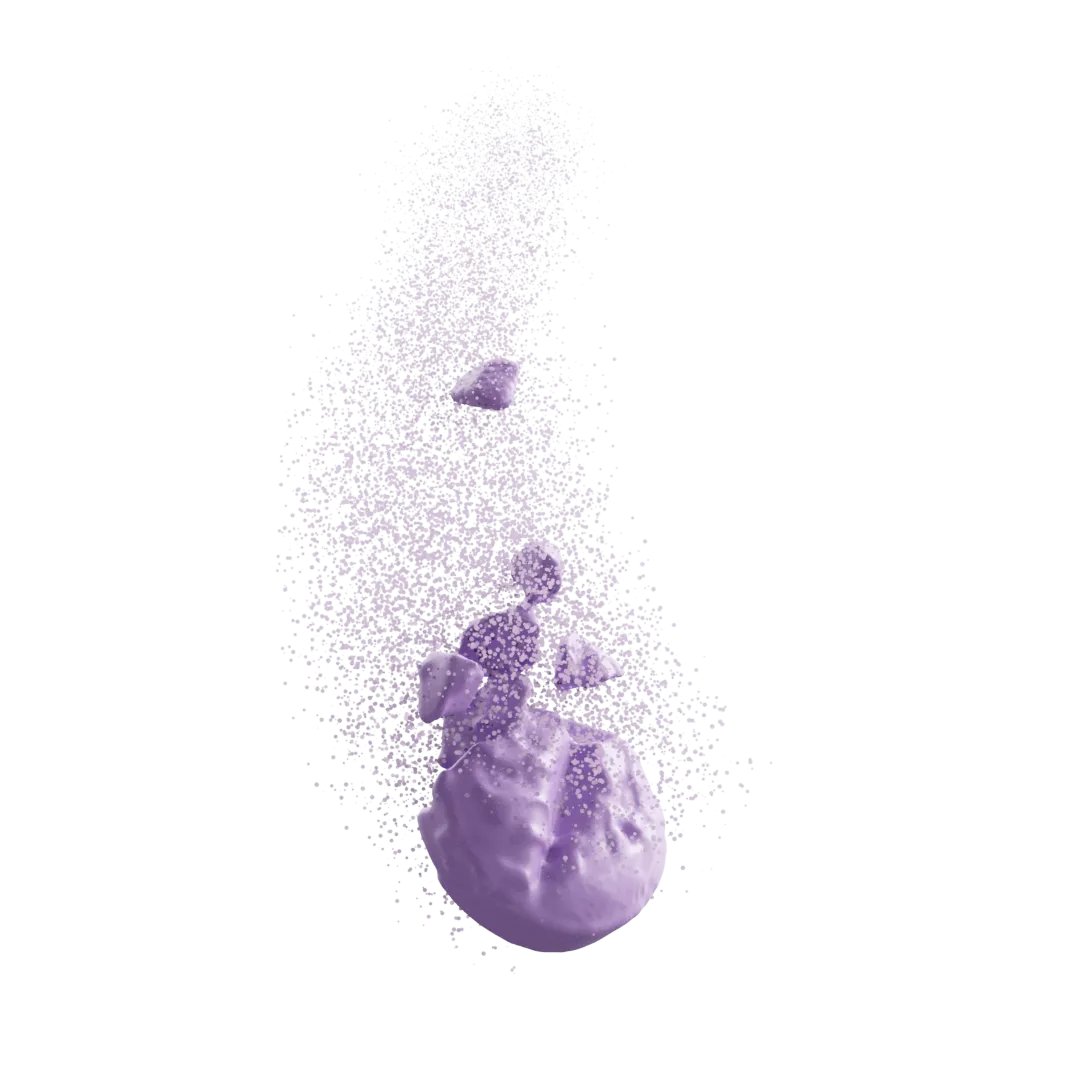Generative AI Digital Synthesis of Drug Product Formulations

In Silico Formulation Optimization and Particle Engineering of Pharmaceutical Dosage Forms Using a Generative AI Structure Synthesis Method
This page hosts the data corresponding to the manuscript submitted to Nature Communication titled “In Silico Formulation Optimization and Particle Engineering of Pharmaceutical Dosage Forms Using a Generative AI Structure Synthesis Method”.
As part of the manuscript, the data described here has been approved to publish by the legal teams from digiM Solution LLC, Genentech Inc., and Merck & Co.
1. Data hosting platform and access instructions
The data is hosted under digiM I2S (https://www.digimsoftware.com), a cloud image management system. Access can be requested by anybody by emailing info@digimsolution.com, with an email subject line “Nature communication manuscript data request). A registration link will be automatically created and emailed. As digiM I2S is FDA CFR 23 Part 11 compliant, two-step authentications are required. The account access will need Google Authenticator installed on the user’s smartphone, and type in the time-sensitive authentication code. Once the account is activated, the user can navigate to the two projects using the project landing pages described below.
2. Oral tablet data
Oral tablet data can be accessed via project landing page “Genentech Tablet MCC Percolation (P0000198)”:
https://www.digimsoftware.com/company/digim-microstructure-library/project/198/
This page contains the following data used in the paper,
- XRM images of all 5 tablets, 2%, 5%, 10%, 20%, and 30% MCC by weight
- The corresponding segmentations
- AI generated volumes
- PSD, tortuosity, capillary pressure, and permeability calculations
This page also contains the following data not used in the paper,
- Synchrotron CT scans of raw MCC and raw DCP particles and the corresponding segmentation and quantitative analysis.
- FIB-SEM cross section imaging of raw MCC particles and the corresponding segmentation and quantitative analysis.
- Mosaic SEM imaging of tablets and the corresponding segmentation and quantitative analysis.
3. Implant data
Implant data can be accessed via project landing page “Merck MK8591 Implant In Silico Generative AI (P0000580)”:
https://www.digimsoftware.com/company/digim-microstructure-library/project/580/
All AI generated synthetic volumes are stored under one data. The image volumes corresponding to the radial distribution investigation in the paper were datasets with 1024x1024x1024 voxels. In addition, AI synthesized datasets with conditional drug loading control were also included. Release simulations on many synthesized implant volumes were accessible, including but not limited to the ones published in the manuscript.,
4. Other data
The account will include further complimentary access to the entire digiM microstructure library, which the user is encouraged to explore.

Timothy Hornick, Chen Mao, Athanas Koynov, Phillip Yawman, Prajwal Thool, Karthik Salish, Morgan Giles, Karthik Nagapudi, and Shawn Zhang
With Merck and Genentech
https://www.nature.com/articles/s41467-024-54011-9
Additional Publications
Transform Your Program with Microstructure Science
Get started with a drug product digital twin.















